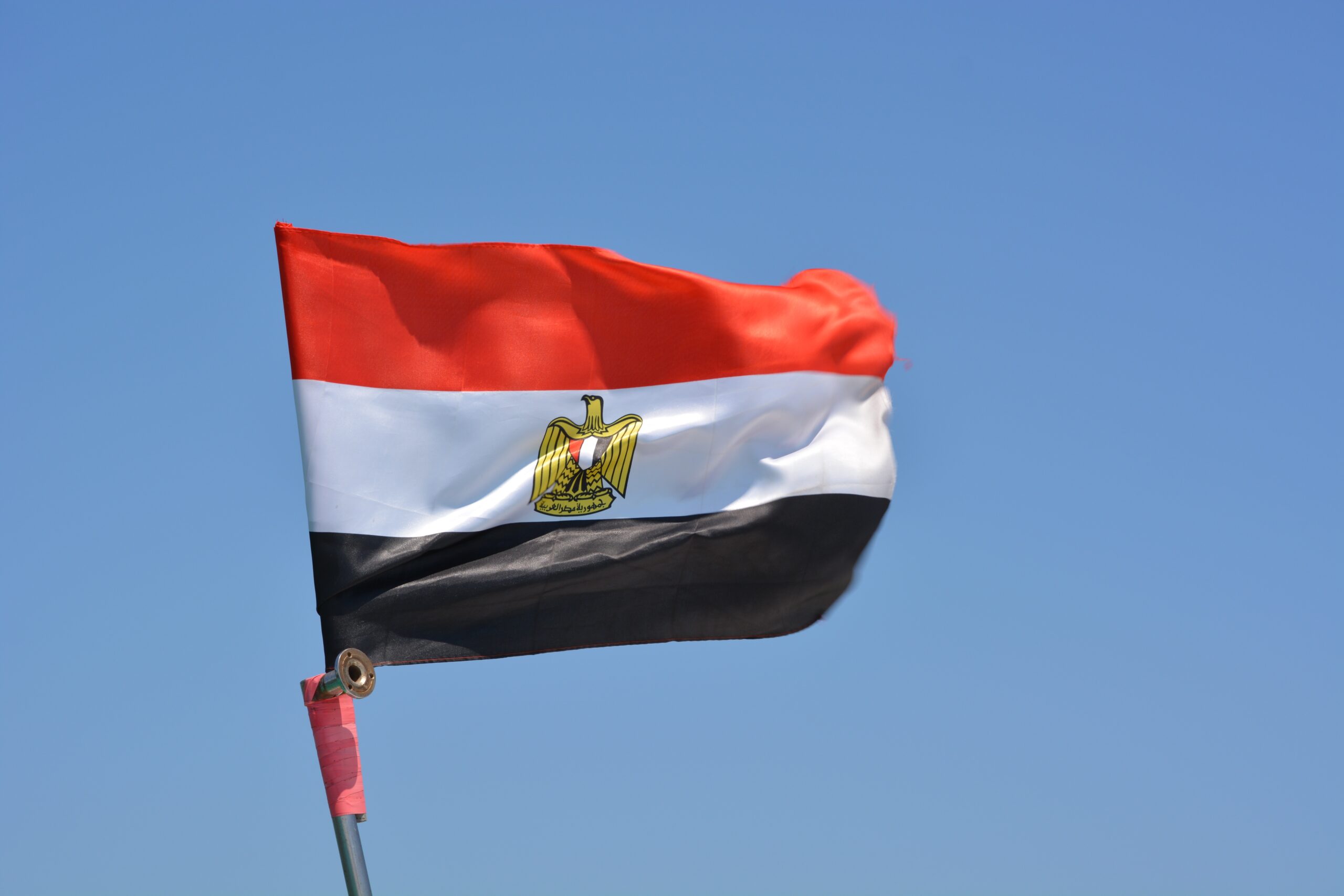In a move that may signal the end of decades-long tensions, Iran’s Supreme Leader, Grand Ayatollah Ali Khamenei, has granted his approval for the complete restoration of diplomatic ties with Egypt. This move is a possible sign of warming relations between the two prominent regional forces.
Khamenei’s endorsement came during a meeting with the visiting Omani Sultan, Haitham bin Tariq, who is believed to be playing a mediating role between Tehran and Cairo.
Earlier this month, Sultan Haitham visited Egypt where he engaged in discussions with President Abdel Fattah El Sisi on issues including the normalisation of relations between Iran and Egypt. His visits to Iran and Egypt are his first since his ascension to the throne of the Gulf Arab nation in 2020.
Khamenei’s endorsement of restored ties has significant implications as the Supreme Leader holds final say on major foreign policy matters in Iran. This lends further gravity to his commentary on relations with Egypt.
Oman has traditionally acted as a mediator in regional disputes and conflicts, between Arab and western nations and boasts close ties with Iran.
Official sources from Egypt reveal that Cairo and Tehran are anticipated to exchange ambassadors before 2023 concludes, and a meeting between President El Sisi and his Iranian counterpart, Ebrahim Raisi, is on the cards for later this year.
During March and April, clandestine discussions were held in Baghdad by mid-level diplomats and intelligence officials from both Iran and Egypt focusing on normalisation of relations. Senior officials from the two nations are expected to reconvene next month in the Iraqi capital.
Further dialogues are projected to take place in Oman at a future date.
Egypt-Iran ties
Historically, relations between Egypt and Iran soured after Egypt offered refuge to the deposed Shah Mohammad Reza Pahlavi following the 1979 Islamic revolution. However, there was a brief period of improved relations following the removal of Hosni Mubarak and the election of Mohammed Morsi in 2012.
Relations deteriorated after the rise to power of Mr Abdel Fattah el-Sisi in 2014 and due to Egyptian concerns over Iran’s involvement in the affairs of Arab nations like Iraq, Syria, Lebanon, and Yemen.
Egyptian officials believe that normalised relations with Iran will help secure Tehran’s support in its effort to enhance economic and commercial ties with countries under significant Iranian influence, such as Iraq, Syria, and Lebanon. They also hope to persuade Iran to cease its support for Hamas and Islamic Jihad, the two main Palestinian militant groups in the Gaza Strip, which Egypt borders.
This proposed diplomatic thaw between Cairo and Tehran would add another layer to the ongoing regional realignment. Saudi Arabia has agreed to restore diplomatic ties with Iran, severed since 2016, and Egypt and Turkey are working to normalise relations after a decade of disputes.
Recently, President El Sisi offered congratulations to President Recep Tayyip Erdogan upon his re-election, signaling a possible easing of tensions between Cairo and Ankara.
The situation in Yemen, where Iran has backed the Houthis against the internationally recognised government supported by a Saudi-led military coalition, has quietened significantly amid diplomatic efforts to end the conflict.
The recent readmission of Syria to the Arab League after a suspension of over a decade following anti-government protests, and the attendance of Bashar Al Assad at the Arab League summit in Jeddah – his first in 12 years – has been heartily welcomed by Iran.



















